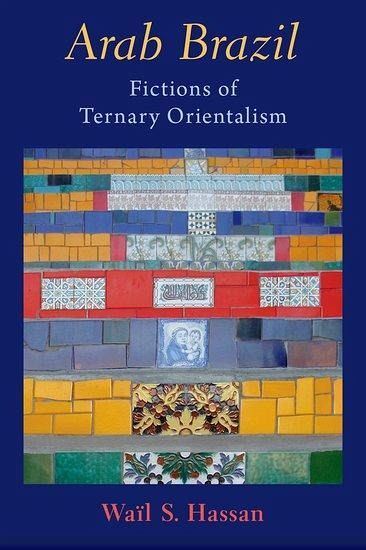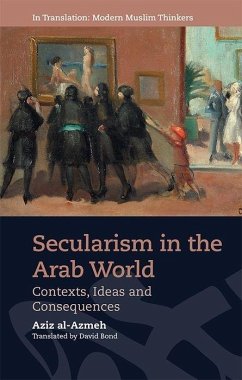
Arab Brazil
Fictions of Ternary Orientalism
Versandkostenfrei!
Versandfertig in über 4 Wochen
93,99 €
inkl. MwSt.
Weitere Ausgaben:

PAYBACK Punkte
47 °P sammeln!
Until recently, Arab-Brazilian relations have been largely invisible to area studies and Comparative Literature scholarship. Yet Arabs have left a permanent imprint on Brazil: from the legacy of Muslim Iberia, transmitted by Portuguese settlers; to waves of Arab immigrants since the late nineteenth century; to the prominence today of Brazilians of Arab descent in politics, the economy, literature, and culture. The first book of its kind, Arab Brazil argues that representations of Arab and Muslim immigrants in Brazilian literature and popular culture reveal anxieties and contradictions in the c...
Until recently, Arab-Brazilian relations have been largely invisible to area studies and Comparative Literature scholarship. Yet Arabs have left a permanent imprint on Brazil: from the legacy of Muslim Iberia, transmitted by Portuguese settlers; to waves of Arab immigrants since the late nineteenth century; to the prominence today of Brazilians of Arab descent in politics, the economy, literature, and culture. The first book of its kind, Arab Brazil argues that representations of Arab and Muslim immigrants in Brazilian literature and popular culture reveal anxieties and contradictions in the country's ideologies of national identity.













